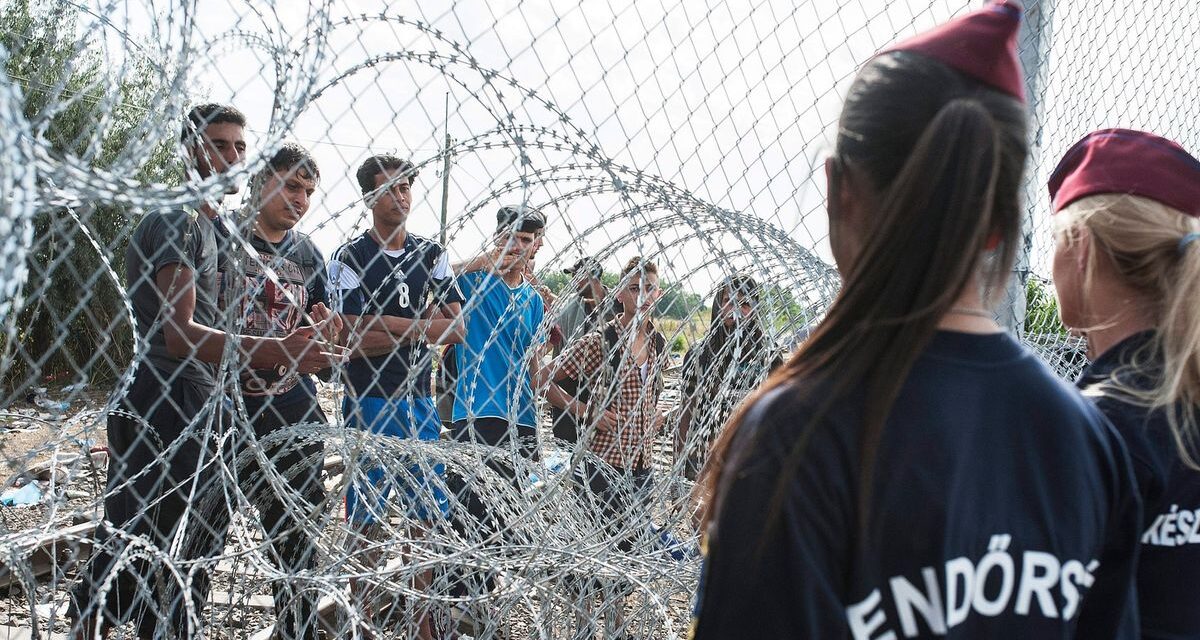They are already seeing it in the West: Orbán's policy has won, it is questionable when this will be acknowledged in official forums.
On the UnHerd These Times podcast, Tom McTague and Helen Thompson covered European politics. During the conversation, the issue of migration was particularly addressed. Right at the beginning of the show, they stated that they are experiencing an interesting attitude in Hungary. They specifically referred to the politics of Viktor Orbán, who recently vetoed the European aid package for Ukraine, but did not veto the start of Ukraine's EU accession negotiations.
Regarding the politics of Viktor Orbán, Tom McTague highlighted that during the 2015 refugee crisis, Angela Merkel was seen as the embodiment of liberalism in Europe, while Viktor Orbán was seen as a symbol of illiberalism.
The events of that time were perceived by many as a confrontation between the two great politicians. However, both were equally in the European People's Party, in other words, they were not real political opposites, but considered political allies.
The only significant difference of opinion between the two was in the case of asylum seekers, more precisely in the distribution of migrants arriving in Europe.
However, Tom McTague came to the conclusion that later on, Merkel's position very quickly coincided with Orbán's position on the broader issue, that is, the fact that asylum seekers should essentially be prevented from coming to Europe. “So I think the story is really about rapprochement.
And since then, there has been a consensus in German politics that 2015 cannot be repeated.
So Orbán says that he won on this issue. And I think he's right," said Tom McTague.
According to Tom McTague, the center-right often frames these issues in a pro-European way, while the far-right sometimes does so in a Eurosceptic way.
The truth is, however, that in many issues they are actually talking about the same things and proposing the same solutions, the program concluded.
A kind of turnaround in Germany could indeed have started, because even one of the CDU's leading politicians would send asylum seekers abroad. Jens Spahn (who is currently the vice-chairman of one of the CDU factions) spoke at an event at the weekend about his party's support for the proposal that asylum seekers should be sent to other countries until their asylum applications are decided.
Among the countries he specifically mentioned are Ghana, Rwanda, Moldova, and Georgia.
Another major takeaway from the show is that the EU has been trying to finalize an agreement with Tunisia since June 2023, under which Brussels would give the North African country money to tighten border controls. Giorgia Meloni, Mark Rutte and Ursula von der Leyen all supported the proposal.
Cover photo: Migrants on the Serbian side of the border in front of policewomen standing on the Hungarian side on the Hungarian-Serbian border, in the Röszke area
Source: MTI/Sándor Ujvári













